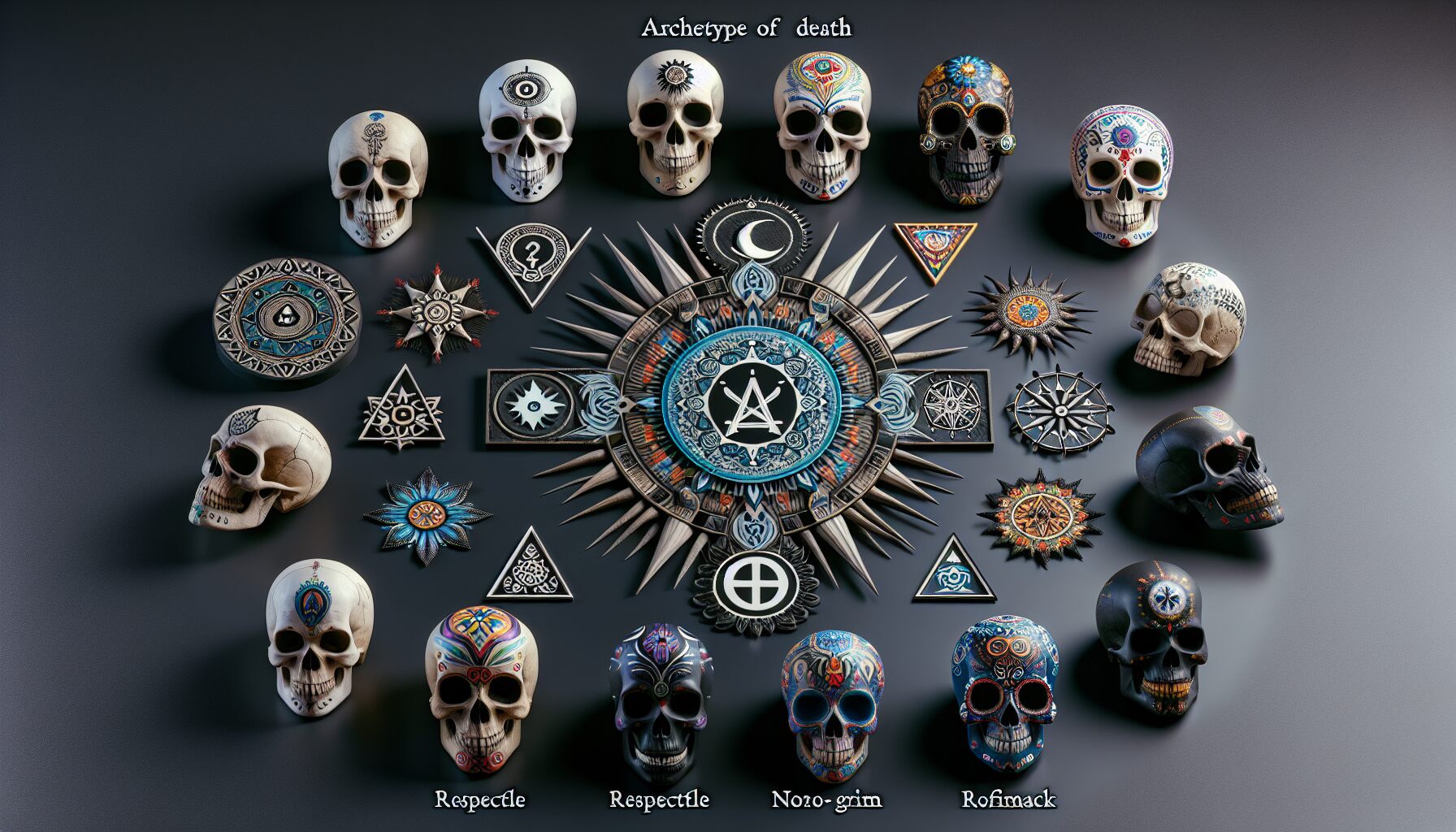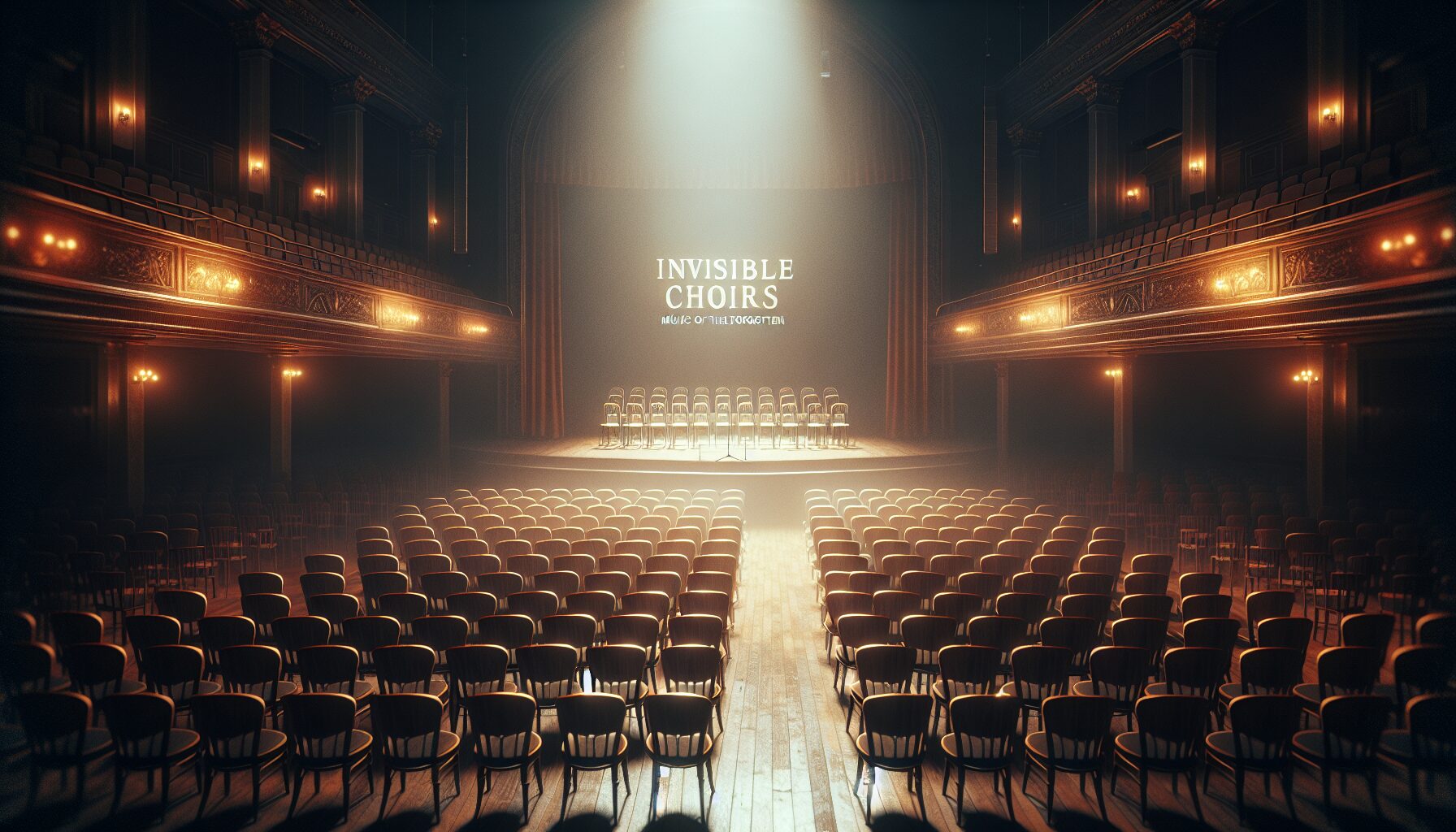The human experience of loss is both universal and deeply personal. Across cultures and throughout history, societies have developed various ways to express grief and commemorate those who have departed. These expressions often take on symbolic forms, allowing individuals to channel their emotions into tangible abstractions. This article delves into the abstract symbols of mourning and how they manifest the profound sensations of loss and absence.
The Evolution of Mourning Symbols
From ancient rituals to modern memorials, symbols of mourning have evolved, yet their core purpose remains the same—to provide solace and facilitate the grieving process. According to Dr. Susan Williams, a grief therapist, “Symbols can convey complex emotions more powerfully than words, bridging the gap between the conscious and unconscious aspects of our mourning.”
Historically, mourning symbols have ranged from physical objects to color associations. For example, in Victorian England, it was customary to wear black clothing as a sign of grief—a practice that still persists in various forms today.
Floral Symbolism: The Language of Flowers
Flowers have long been associated with mourning, each variety representing different sentiments. The lily, for instance, often symbolizes the restored innocence of the soul of the deceased. Meanwhile, chrysanthemums are popular in many cultures as mourning flowers due to their association with death, especially in Europe. The act of laying flowers at a grave serves as a poignant symbol of remembrance, beauty, and the ephemeral nature of life.
“The flower that you hold in your hands was born today and already it is as old as you are.” — Antonio Porchia
Symbols of Light: Candles and Lanterns
Light has an age-old connection to life, purity, and the soul. Lighting a candle for someone who has passed away is a ritual practiced across many faiths and cultures. In Judaism, the Yahrzeit candle is lit in memory of the departed, illuminating the darkness and symbolically representing the spirit of the deceased.
During Bon Festival in Japan, families light lanterns and set them afloat on water to guide the souls of their ancestors back to the spirit world. This ancient custom, known as toro nagashi, is both a celebration of life and a solemn farewell.
Stone and Monument: The Eternal Presence
Stone is a powerful symbol of endurance and permanence, making it an ideal medium for memorials. Tombstones and cenotaphs serve not only as physical reminders of those who have left this world but also as symbols of the unyielding presence of memory.
The National Memorial Arboretum in the UK and the Vietnam Veterans Memorial in Washington, D.C., are significant examples where stones and names serve as enduring symbols of sacrifice and absence. These spaces provide places for reflection, allowing mourners to connect with the past and bring personal closure.
Colors and Fabrics: The Palette of Grief
While black is predominantly associated with mourning in Western cultures, other colors have different connotations globally. In China and other East Asian cultures, white is the color of mourning, symbolizing purity and rebirth. This divergence highlights the diversity in emotional expression and cultural interpretations of grief.
%The use of fabrics, such as veils and shrouds, carries symbolic meanings as well. The act of veiling, for example, can symbolize the separation between the grieving person and the outside world, providing a sheltered space to process sorrow.
Emptiness and Absence: The Artistic Dimension
Contemporary art has embraced the abstract nature of mourning through installations and performances that evoke a sense of emptiness and absence. Artists like Yoko Ono and Marina Abramovic have explored these themes, creating works that invite viewers to confront and reflect on their own experiences of loss.
For instance, Ono’s “Cut Piece” performance piece involved allowing viewers to cut away pieces of her clothing. This interactive approach to mourning emphasizes participation, vulnerability, and the shared nature of grief.
The Personal Aspects of Mourning Symbols
While public symbols of grief offer communal spaces for mourning, individuals often possess their own personal symbols of loss. These might include cherished photographs, handwritten notes, or even favorite places that evoke the presence of the deceased. As poet Sylvia Plath wrote, “I am myself, that is not enough,” capturing the search for connection with lost loved ones through personal mementos.
Conclusion: The Ongoing Journey of Grieving
Mourning is a deeply personal process, and symbols of loss offer a means to express and interpret this complex emotion. Whether through traditional rituals or modern artistic expressions, these symbols help mourners navigate their grief, ensuring that the memory of the departed remains an indelible part of the living world.
Ultimately, abstract mourning extends beyond mere representation; it transforms the intangible into something that can be held, seen, and felt, enabling those who grieve to find solace and strength in the face of absence.





